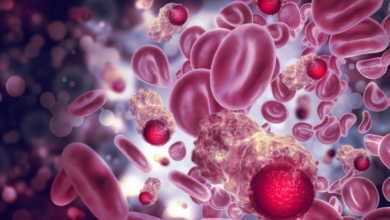
What is Phenylketonuria (PKU) Carrier Test ?
A PKU carrier test is a genetic test used to determine if a person carries a gene for phenylketonuria (PKU), a rare genetic disorder that can cause intellectual disability, seizures, and other problems if left untreated.
Why Phenylketonuria (PKU) Carrier Test is required?
This test is important for couples planning to have children, especially if either partner has a family history of PKU or other genetic disorders. If both partners are carriers, there is a 25% chance their child will be born with PKU.
which are the method of Phenylketonuria (PKU) Carrier Test?
The most common methods for PKU carrier testing include:
- Blood test: A simple blood draw is used to extract DNA for testing.
- Saliva test: A saliva sample can be collected using a swab and sent to a laboratory for analysis.
who should go for Phenylketonuria (PKU) Carrier Test?
People who should consider PKU carrier testing include:
- Couples planning to have children
- Individuals with a family history of PKU or other genetic disorders
- People from populations with a higher prevalence of PKU, such as Irish, Scottish, or Caucasian individuals
What are the results of Phenylketonuria (PKU) Carrier Test?
The results of a PKU carrier test will indicate whether a person is:
- Carrier: This means the person carries one copy of the gene for PKU.
- Non-carrier: This means the person does not carry the gene for PKU.
What are the components of Phenylketonuria (PKU) Carrier Test?
The components of a PKU carrier test typically include:
- Genetic counseling: A healthcare professional will discuss the test, its implications, and the potential risks and benefits.
- Sample collection: A blood or saliva sample will be collected.
- Laboratory analysis: The sample will be analyzed for the presence of the PKU gene.
- Result interpretation: The results will be explained to the individual or couple





